Breaking: The era of Daniel Ek's leadership at Spotify looks like it might be approaching a hinge point. Big claim, so let’s slow down. Rumors are flying about a shake-up, but here’s the only firm ground right now: there are no verified reports confirming that Ek is leaving the company he co-founded in 2006.
Speculation, messy as it is, says a lot about how tech news moves. A stray tweet, a whisper on a podcast, a push alert, and suddenly the market flinches. When a platform changes how billions listen to music, leadership stability is not a minor corporate detail, it is an industry-defining factor.
What we actually know about Ek's current status
Strip out the noise. Without confirmed sourcing, talk of a transition is still talk. That frenzy reveals more about investor nerves and fan expectations than about any real handover.
Why the intensity? Ek is not a rental CEO. He helped turn a Swedish startup into a global streaming staple, and that kind of institutional memory is hard to replace. If he were to exit, it would not be a routine personnel change, it would be a shift in how a two-decade playbook gets applied.
Markets react because Spotify sits at the center of digital music. For millions, it is the default way to find songs, build playlists, and follow artists. So even the hint of a change at the top makes investors, competitors, artists, and users sit up straighter.
The chatter itself is telling. Streaming platforms are no longer simple pipes, they are living ecosystems that blend culture and code. Steering one takes relationships, technical chops, and taste. Not easy to swap in overnight, right?
Why leadership changes matter in streaming
Running a streaming platform is a juggling act. You are negotiating with labels, nurturing artist relationships, tuning recommendation systems, and guessing where listening habits go next. Miss a beat and the music stops.
The field is crowded and fast. Services chase exclusive content, keep delicate partnerships intact, and push forward on product. Stability at the helm often maps to stability in deals, roadmaps, and morale.
And the pivots come fast. One quarter you are refining discovery, the next you are pouring resources into podcasts, then you are building tools for artists or experimenting with social features. Those moves are not just product tweaks, they are cultural bets that demand consistent vision and execution.
Relationships matter here. Deals, integrations, trust with creators, they build over years. Swap leaders, and you have to transfer that trust carefully, or accept a period of drift while everyone reorients.
The broader implications for Spotify's future
Any leadership turbulence would land during a tough stretch for streaming. Costs keep rising, price hikes meet consumer friction, and the core question lingers: can the model scale sustainably?
Spotify’s recent bets show how complex this job is. Pushing into podcasts moves the company from music-only mindset to a broader audio lane. That means balancing legacy music relationships with new ones in podcasting, a tightrope that requires both diplomacy and conviction.
Global expansion adds more layers. Each new region comes with different rules, payment rails, tastes, and rivals. Winning there takes local nuance plus a global view, and a transition at the top can complicate that blend.
None of these moves are isolated. Podcast investments tie into advertising revenue, international growth fuels subscriptions, artist tools and social features deepen engagement. It takes steady leadership to keep those pieces aligned while the market shifts underfoot.
What this means for the streaming landscape
Even the rumor mill shows how much leaders shape platform identity and market confidence. We have moved from scrappy startups to essential distribution infrastructure, and the people in charge now influence culture, creator economics, and day-to-day listening habits.
Their jobs also span more than old-school media roles. They oversee technology, algorithms, design choices, and the feedback loop of real-time user behavior. It is a lot of levers for one team to pull.
Competition raises the stakes. Apple, Amazon, and Google treat streaming as part of bigger ecosystems. For an independent like Spotify, clarity of strategy and clean execution are survival tools. Any wobble at the top gives rivals room to maneuver, to sign talent, to capture mindshare.
So, a request: keep eyes on verified developments, not the echo of rumor. This space generates plenty of real news, from licensing shifts to product changes to new markets, without adding speculative heat.
Bottom line: leadership matters, absolutely. But what will decide the future is how platforms keep serving listeners, supporting creators, and proving out sustainable models. Call me cautious, but until facts land, the wiser bet is to watch the work, not the whispers.




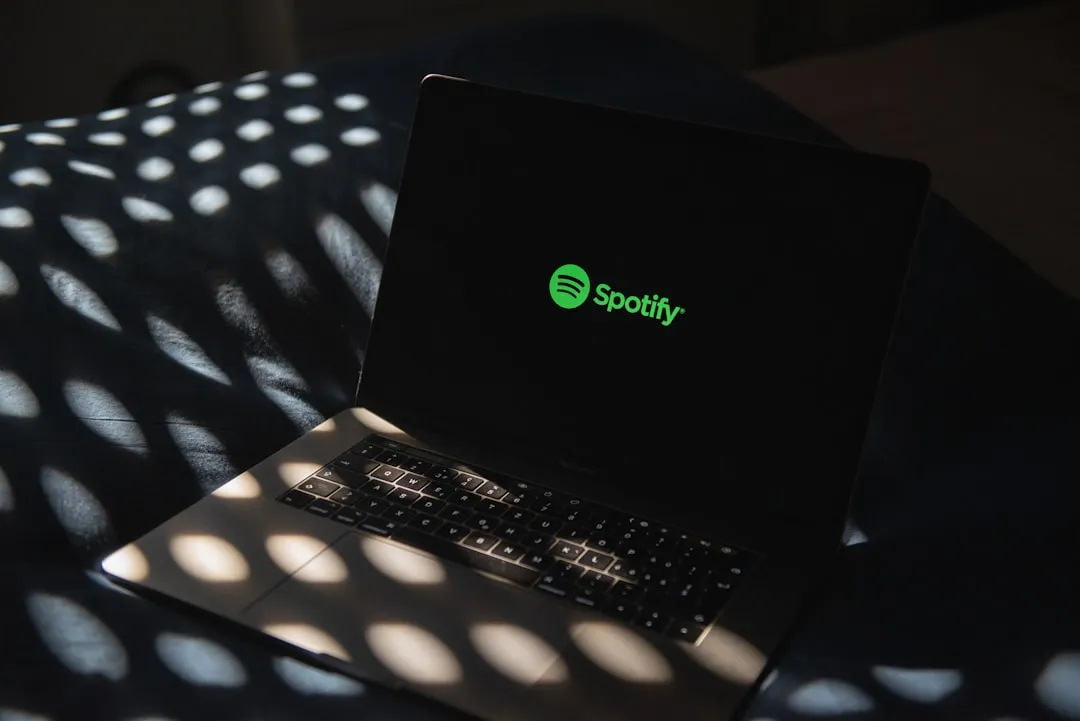
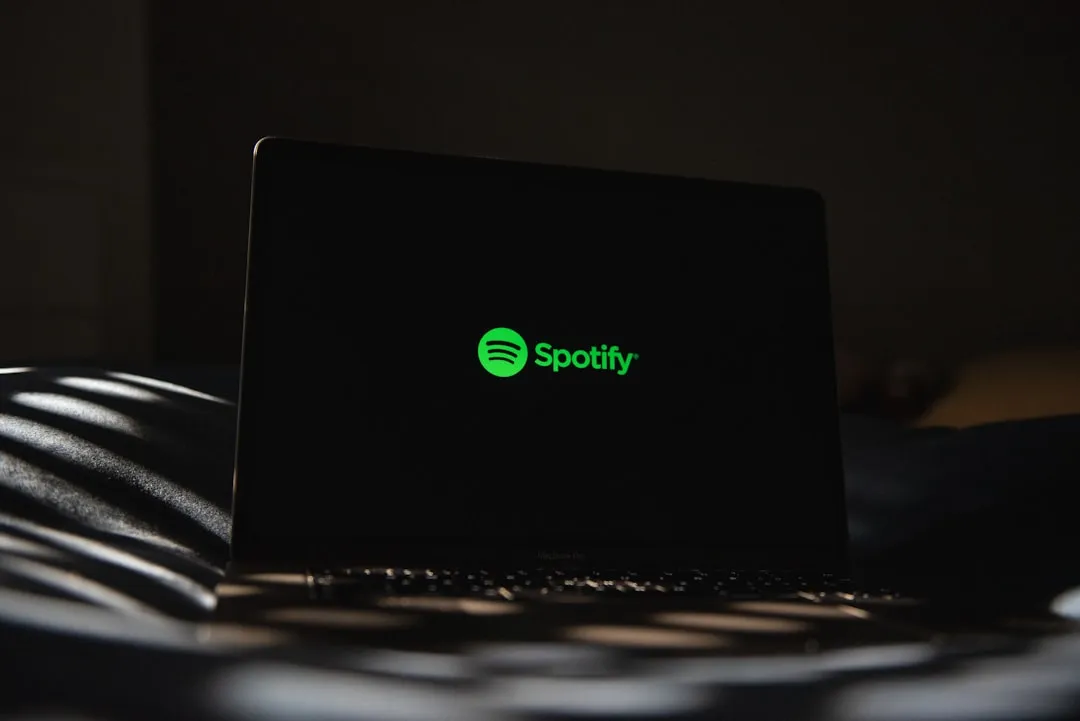



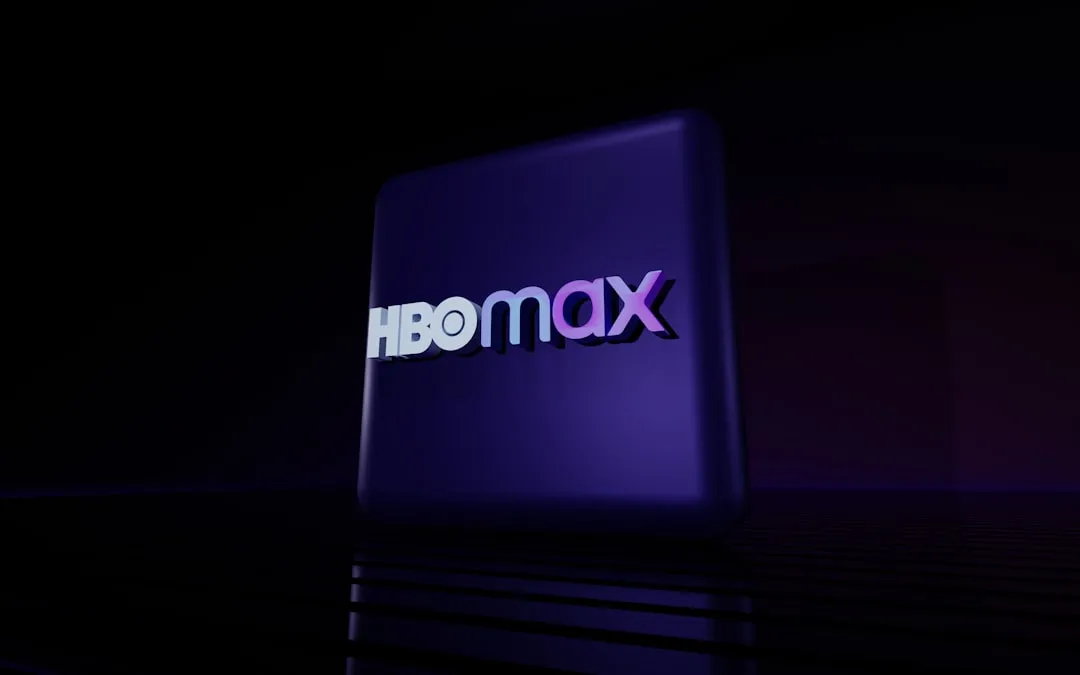
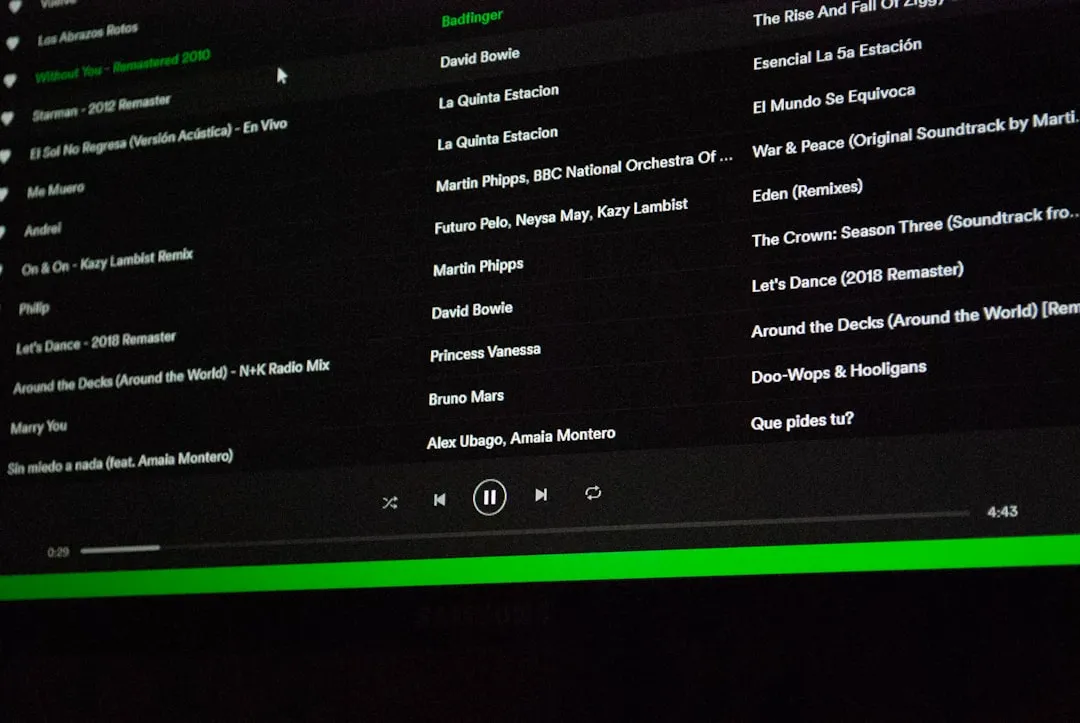
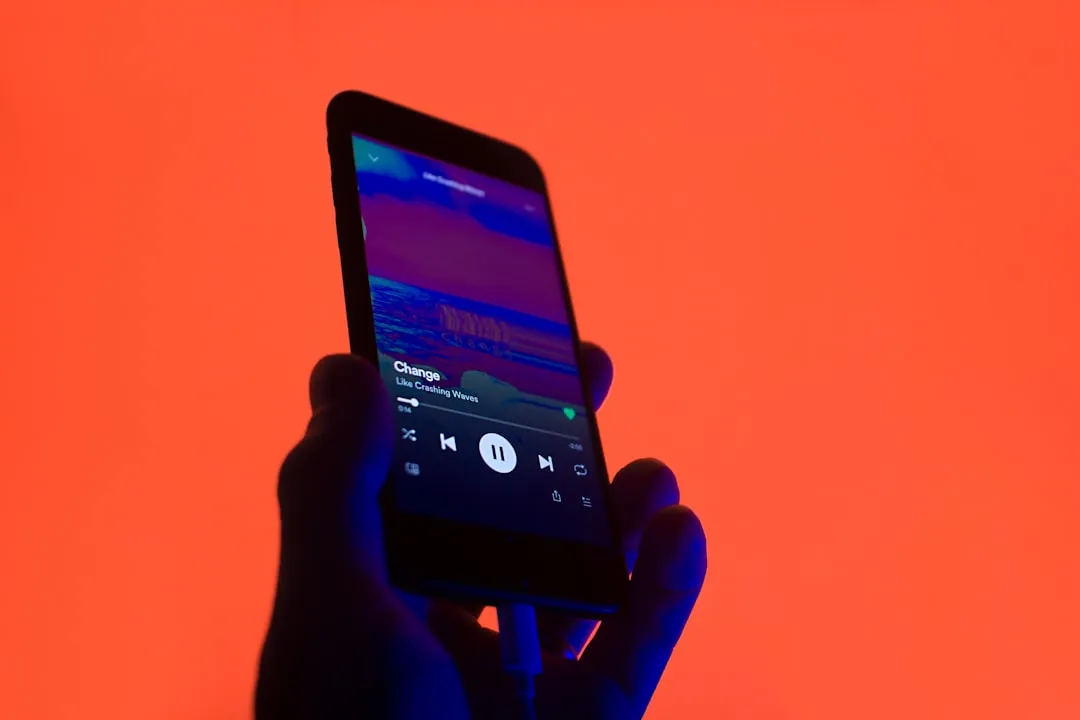
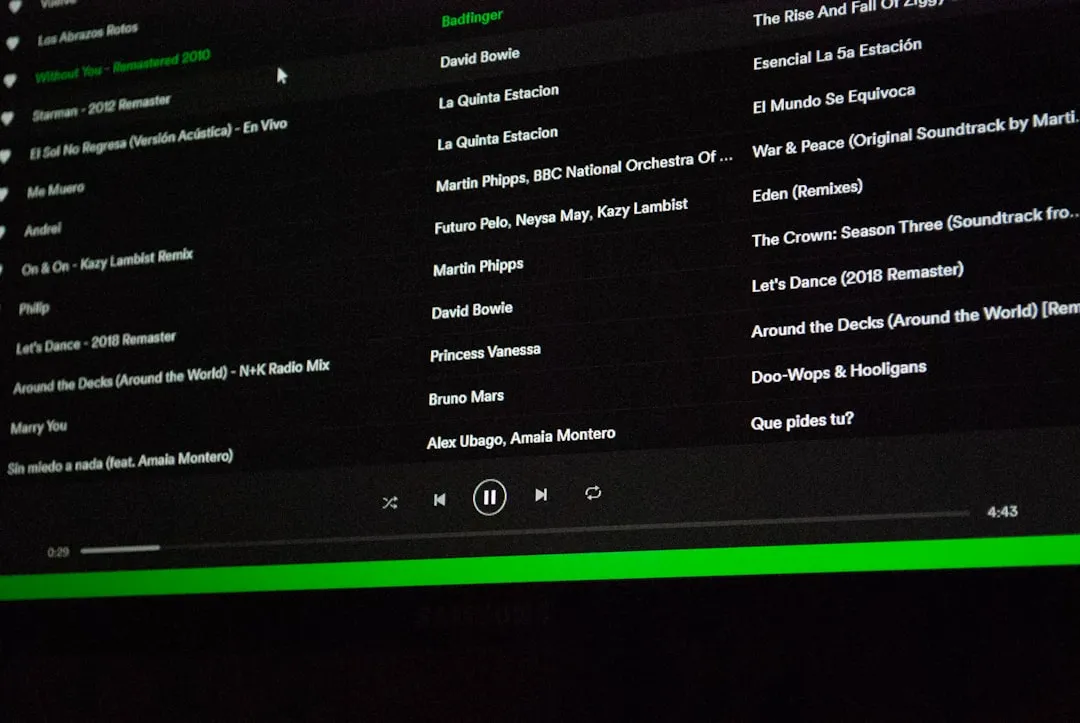
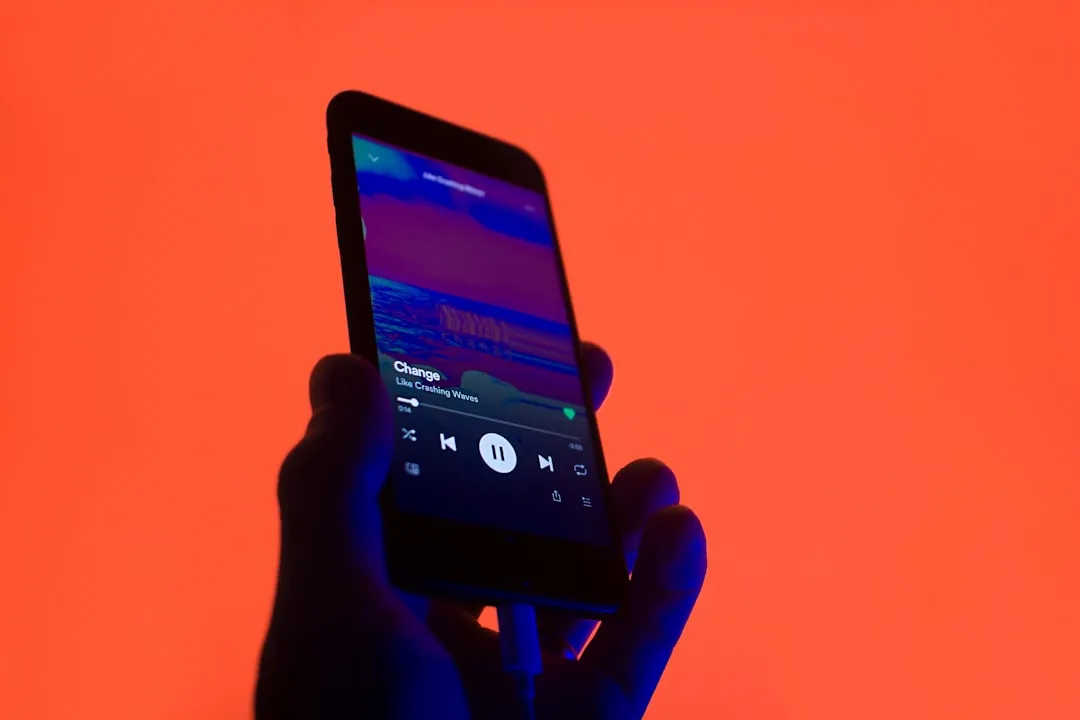
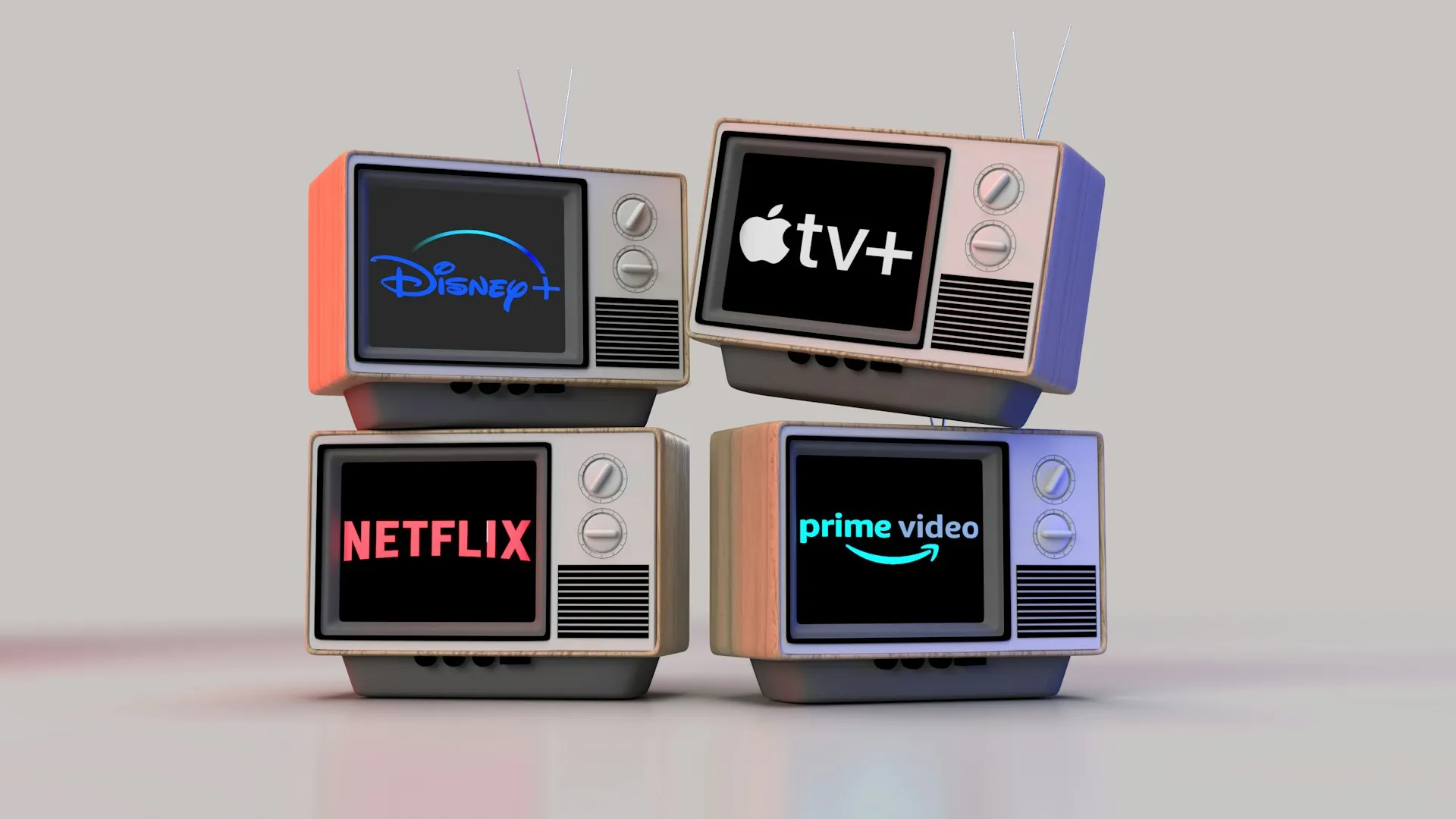
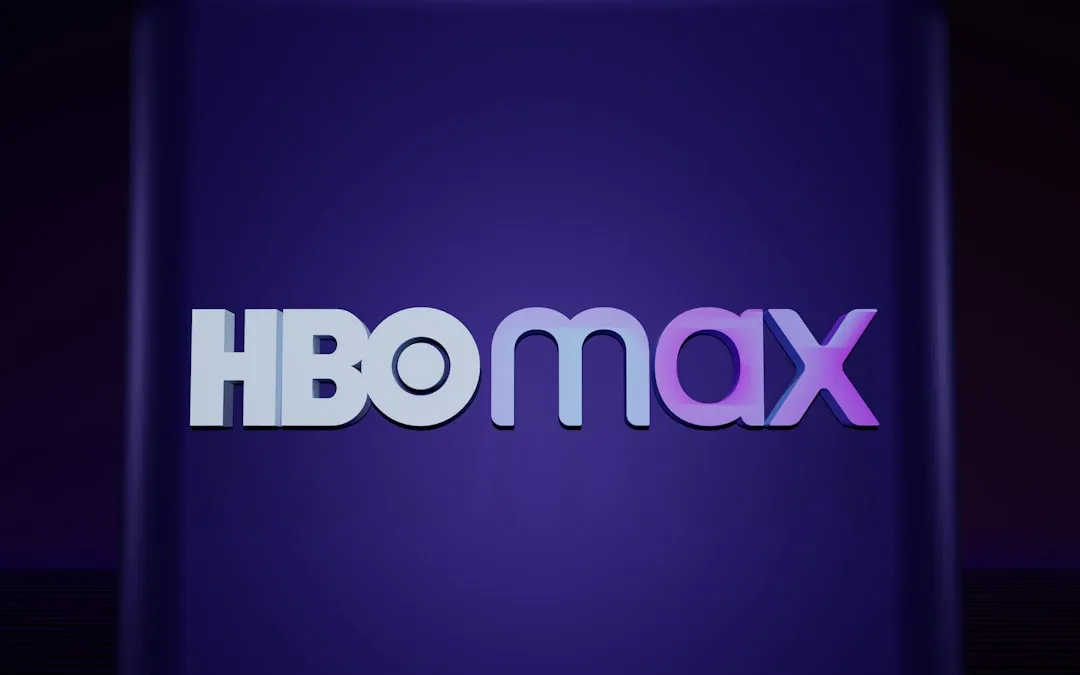
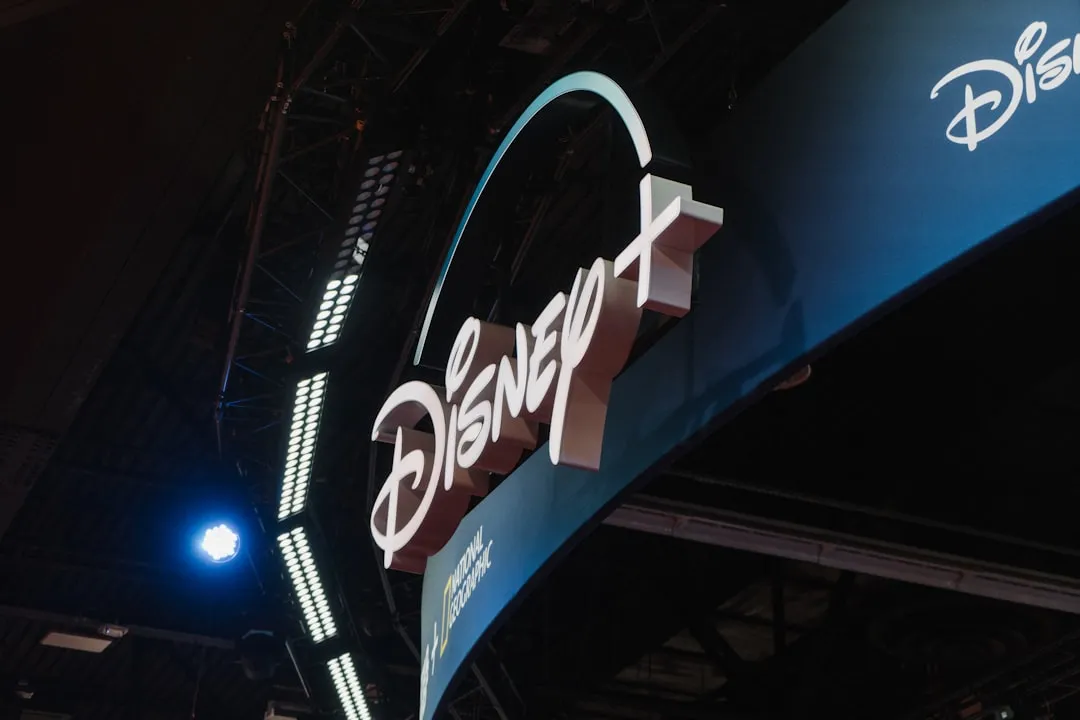




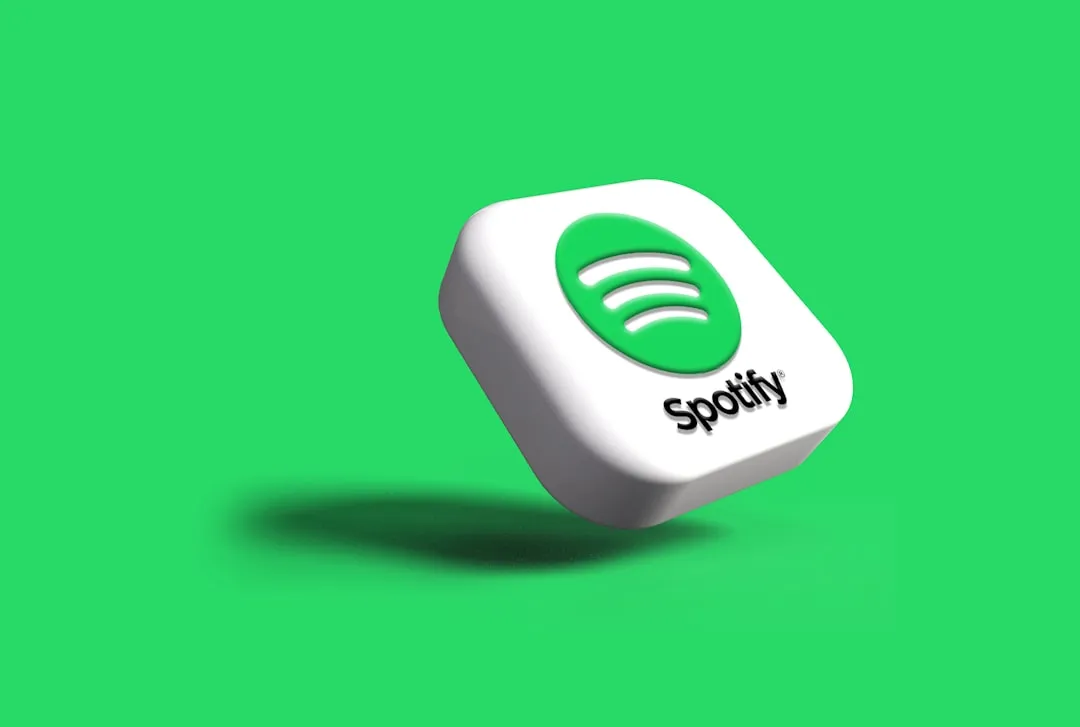
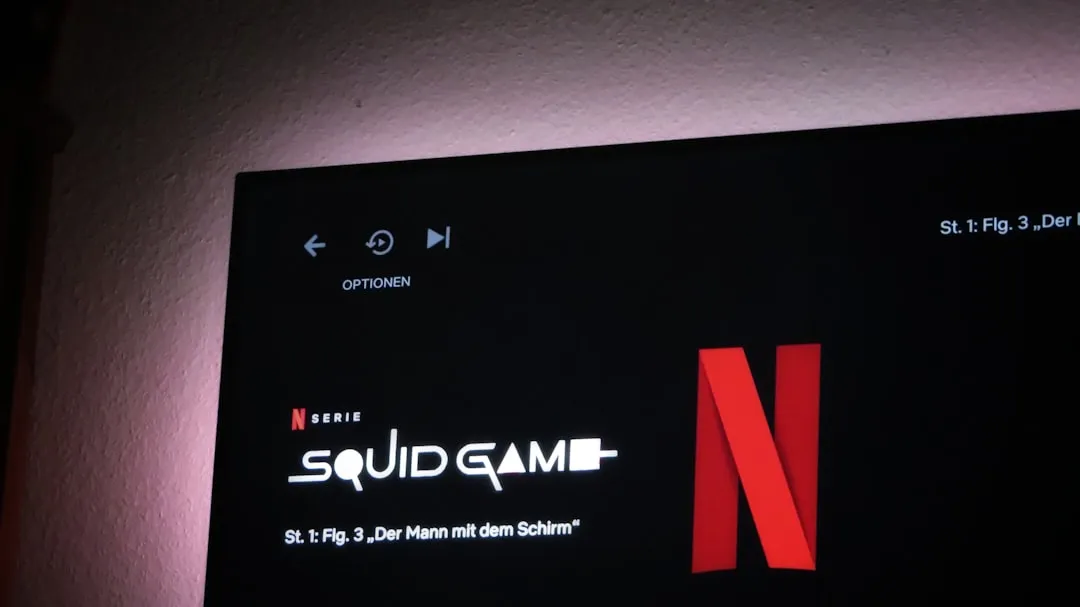
Comments
Be the first, drop a comment!